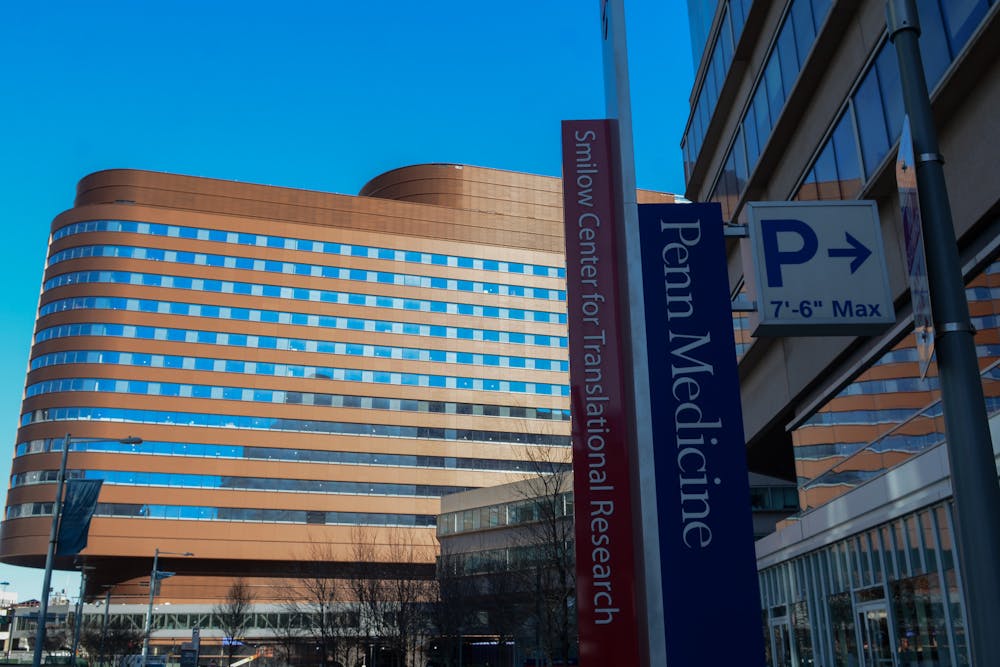
Penn Medicine's CAR T-cell therapy is advancing cancer treatment.
Credit: Serena JankovicPenn Medicine is advancing cancer treatment with its work in CAR T-cell therapy, an innovative immunotherapy that is reshaping the fight against blood cancers and rare genetic diseases.
Penn Medicine is one of the first institutions to develop FDA-approved CAR T-cell therapies. By utilizing the power of the body’s own immune system, CAR T-cell therapy aims to help patients for whom traditional treatments have been ineffective. This therapy is currently approved to treat leukemia, lymphoma, and multiple myeloma, with researchers working to expand its application to other cancers and diseases.
CAR T-cell therapy genetically reprograms a patient’s T cells, a type of white blood cell responsible for fighting infections, so they can identify and destroy cancer cells more effectively. The process involves collecting T cells from the patient’s blood, modifying them in a lab, and infusing the enhanced cells back into the patient’s body. These engineered cells can then locate and attack cancer cells with remarkable precision.
The treatment, while highly effective, is not without its risks. Patients undergoing CAR T-cell therapy are closely monitored for side effects, including cytokine release syndrome, which can cause fever, dizziness, and fatigue, as well as potential neurological complications such as confusion or tremors.
“We’ve learned that the way you design your CAR really matters,” Perelman School of Medicine assistant professor Marco Ruella said. “Designing a different CAR might drastically change the way the T cells work, potentially allowing that CAR T-cell product to work where other CAR T-cell products have failed.”
Penn Medicine is also leading numerous clinical trials to improve efficacy and expand treatment options. Its specialized Cell Therapy and Transplant Program provides comprehensive support, from pre-treatment education to post-treatment follow-up, ensuring patients receive the necessary care.
Behind the groundbreaking innovations in CAR T-cell therapy at Penn Medicine is a team of clinical researchers, nurses, and coordinators who work together to bring these treatments from the lab to the bedside.
For more than a decade, clinical research nurse Joanne Shea has played a pivotal role in these advancements. Her work involves not only administering CAR T-cell therapies but also providing critical follow-up care and collecting essential data that drives further innovation.
“Patients come first … before data,” Shea said.
Patients undergoing CAR T-cell therapy often commit to intense procedures and frequent monitoring, yet they remain at the heart of Penn Medicine’s efforts. Clinical project managers work closely with patients, scheduling appointments, managing data, and offering emotional support.
“We were not expecting such a drastic early difference in this study,” Ruella added. “The CART19 products that are already FDA-approved are very effective, and it’s not easy to do better. While there is not a randomized trial of this product yet, the initial results seem very promising, and we look forward to moving into the planned Phase II portion of the study.”
The Daily Pennsylvanian is an independent, student-run newspaper. Please consider making a donation to support the coverage that shapes the University. Your generosity ensures a future of strong journalism at Penn.
Donate







